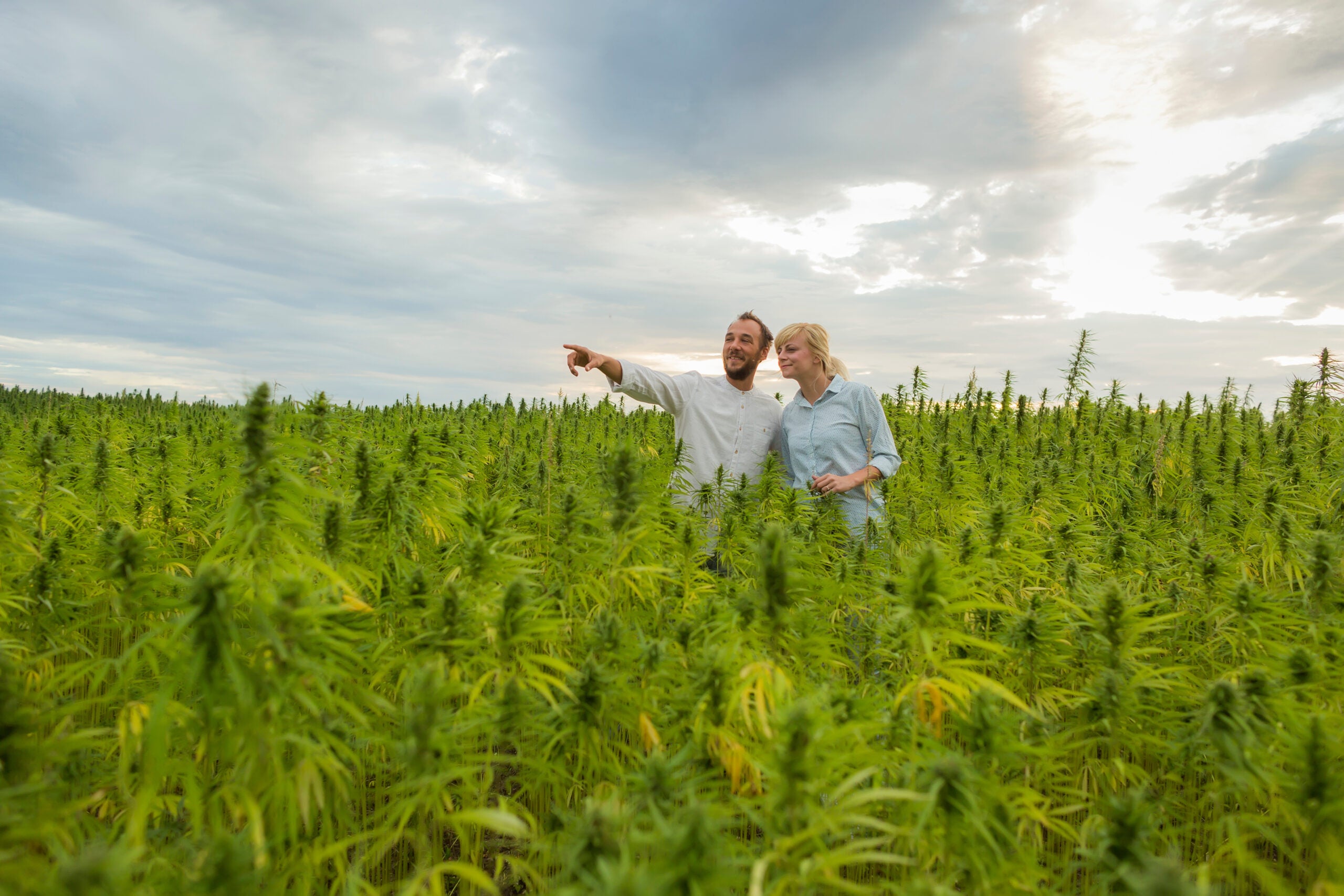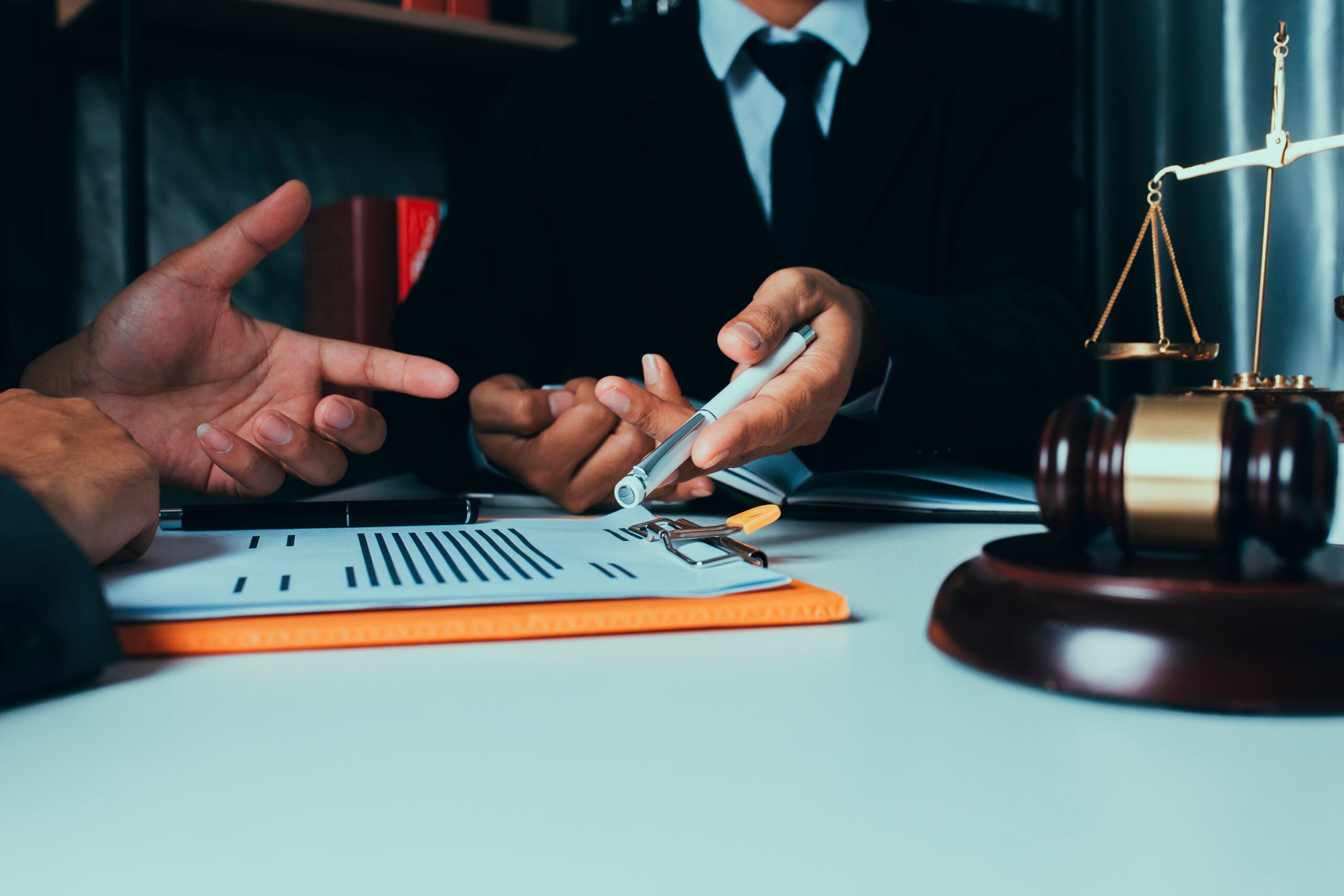Indigenous nations have continuously operated in a multi-layered government system with their state and federal governments. These nations have sovereignty, which allows them to establish their form of government, sign legislation in law, and establish law enforcement and court systems, including much more. Indigenous nations should function as governments independent of state and federal influence if they so choose. However, cannabis laws add an entirely new dimension to the multi-layered sovereignty.
Indigenous nations have faced complexities and a lack of inclusion in the cannabis sector. As legalization continues to expand across the country, there is no doubt these issues must be addressed. As the 5th Annual Indigenous Hemp Conference is set to take place March 1-3, there will be discussions surrounding tribal and local state or federal regulations surrounding cannabis.
State and federal governments are going about indigenous nation tribe cannabis laws differently. Below is a breakdown of how the relationship between indigenous nations and state and federal governments affects tribal cannabis laws in four different states.
New Mexico
A recent arrest in New Mexico has escalated tensions between federal law enforcement and Picuris Pueblo, federally recognized land of the Native American Pueblo tribe. The tribe legalized medical marijuana for members in 2015 and followed the state’s recent recreational legalization. A non-Native American resident of Picuris Pueblo who lived there since childhood, Charles Farden, was arrested by Bureau of Indian Affairs (BIA) officers. Despite Farden holding a medical marijuana card and being compliant with medical cultivation laws on tribal land, he was arrested. It sparked outrage as the federal government interfered with tribal sovereignty.
A separate incident happened just a few months apart from Farden’s September arrest; tribal and federal law enforcement worked together to bust a 200,000 marijuana plant operation with permission by the Navajo Nation president. This display of large-scale cooperation by several entities was not present in Picuris Pueblo.
In a letter written by BIA to Picuris Pueblo president Craig Quanchello, the Bureau stated it would not stand down in Indian Country, which means that a federal bureau can have power concerning native land despite sovereignty. Quanchello believes this prevents the tribe from expanding their economy and is discriminatory. He told ABCNews, “We as a tribe can end up investing a million dollars into a project, thinking it’s OK. And because of a rogue officer or somebody that doesn’t believe something is right, it could be stopped,” he said. The interview highlights the fear several New Mexico indigenous tribes may be facing from the federal government.
New York
Some indigenous nations in New York have ramped up legalization in their land as the state lags on implementing recreational use. Tribes including the Senecas, Mohawks, and Cayugas have all set up dispensaries. The state is openly supportive of this development. The New York Office of Cannabis Management (OCM) has let it be known that tribe sales are legal. “Dispensaries (marijuana shops) are legal if they are on federally recognized, sovereign tribal land,” Freeman Klopott, the OCM spokesman, said.
The Akwesasne Mohawks were the first tribe to begin marijuana sales. Tribe members had set up unauthorized shops, and the governing council decided to implement rules and regulations. In part, the tribe legalizing marijuana protected its members from federal law enforcement penalizing them and allowed tribe businesses to sell mylar bags of cannabis. So far, there has been limited BIA involvement and arrests since tribe legalization began. Tribes in New York now have the most influence over the cannabis sector until the state starts licensing dispensaries outside of indigenous land.
South Dakota
South Dakota has some of the strictest cannabis laws in the country and one of the highest Native American populations in the country. The state enacted strict medical marijuana laws on July 1, 2021. Recreational legalization is not on the immediate horizon for the state; the South Dakota Supreme Court struck down an amendment to potentially legalize recreational marijuana this past December.
In 2020 the Oglala Sioux of South Dakota became the first tribe to set up a legal marijuana market with no matching or similar state laws. The tribe endorsed both medical and recreational use in the Pine Ridge Reservation and operates as any completely legal state would. While South Dakota and federal laws have yet to catch up to certain South Dakota tribes, so far, the tribal legalization has continued to expand.
Washington
Washington is one of three states (joined by Oregon and Nevada) that have entered into a partnership with the state regarding cannabis laws. Tribes can cooperate with state authorities while being independent of these authorities. In 2015 the Suquamish Tribe was the first tribe to enter into a ten-year contract with the Washington State Liquor and Cannabis Board. Several tribes followed suit. These marijuana agreements address any issue that will affect the state and tribe, including cannabis law enforcement, scientific research, and public health and safety. Any tribe can choose to agree while retaining sovereignty. Washington tribes seem to have more protection from the federal government by working with the state for their common interests.
Since state and federal laws vary wildly, until cannabis is legalized at the federal law, indigenous nations are constantly threatened by federal entities enforcing federal laws despite sovereignty. While states like Washington have seen low federal interference and penalties, states like New Mexico have experienced the opposite. The BIA has made it clear that Indian Country is not outside of the federal government’s purview, but it seems that tribes with a solid connection to states regarding cannabis laws are more protected. Judith Dworkin is an Arizona-based lawyer specializing in Native American law who agrees with this sentiment. She said, “It’s a lot easier for a tribe to take a position that they want to do something similar to the state,” she said. However, she added, “It’s still a risk.”
These are just four examples of country-wide differences that tribes in every state face or will face with continued legalization. The federal government’s involvement speaks to the deep-rooted issue of discrimination against Native Americans. Events like the Indigenous Hemp Conference are essential for tribe members to come together and share ideas and resources. As sovereign nations, tribes should have the final say in the laws and rules of the indigenous nations, and conferences like the one in March are essential for propelling that forward.












Leave a comment
All comments are moderated before being published.
This site is protected by reCAPTCHA and the Google Privacy Policy and Terms of Service apply.